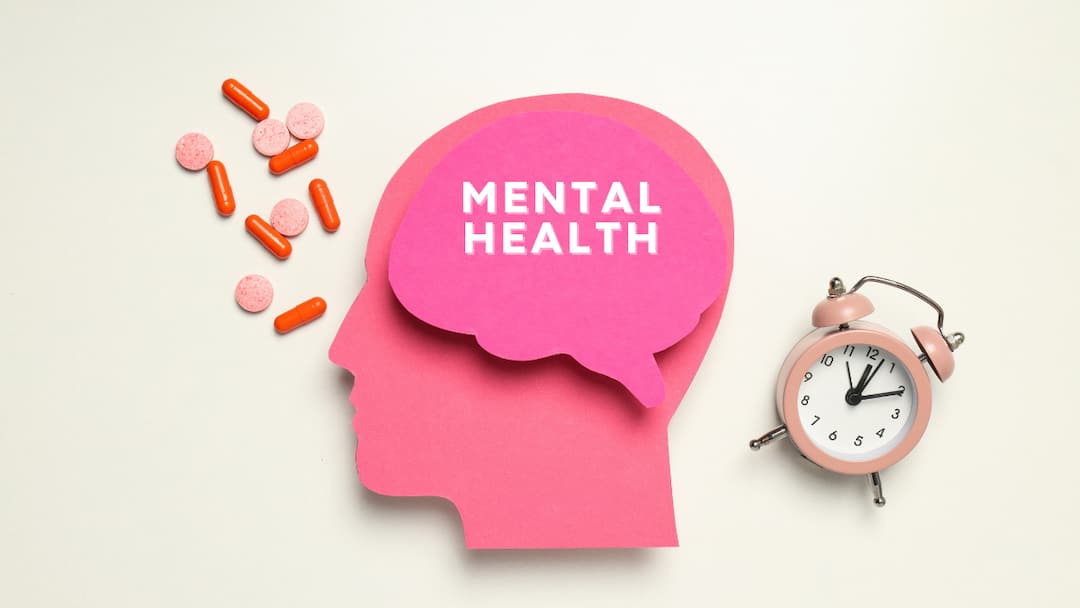(By Dr. Amit Malik)
When someone experiences chest pain, they rush to a cardiologist. When they have recurring stomach problems, they consult a gastroenterologist. But when they struggle with anxiety, depression, or obsessive thoughts, many hesitate, delay, or seek help outside the medical system.
This hesitation is not because mental illnesses are less real. It stems from a long history of separating the mind and body. The idea dates back to René Descartes, the 17th-century philosopher who declared, “I think, therefore I am.” Descartes proposed that the mind and body were two different substances one physical, the other mental. This concept of mind–body dualism influenced how modern medicine evolved: the body became the focus of medicine, while the mind was relegated to philosophy, religion, and stigma.
While science has moved on, our systems and attitudes have not. We continue to treat mental health as something apart from medicine, and the consequences of this separation are profound.
ALSO READ: Tips To Stay Healthy And Avoid Falling Sick During Changing Weather Conditions
The Cost Of Separation
One in seven Indians lives with a mental health condition, yet more than 80 percent receive no treatment. Depression is now among the leading causes of disability in the country. The World Health Organization estimates that untreated mental illness will cost the global economy over 6 trillion dollars by 2030.
Behind these numbers lie human stories. Employees arrive at work exhausted from panic attacks. Teenagers drop out of school because of untreated anxiety. Families face ongoing stress caring for a loved one with bipolar disorder or addiction. These are not “soft” issues they are real medical conditions that profoundly affect people’s ability to live, work, and connect.
Science Has Closed The Gap
Modern neuroscience has erased the old divide between mind and body. Emotions, thoughts, and behaviours are deeply rooted in brain biology. Depression alters brain chemistry and connectivity. Schizophrenia affects dopamine pathways. Chronic stress reshapes the brain’s memory and emotion centres.
If society accepts that diabetes results from disrupted insulin regulation, it should also accept that depression arises from imbalances in brain chemistry or stress responses. The brain is an organ like any other, and its disorders deserve the same seriousness, research, and clinical care as heart disease or cancer.
Yet in India, mental healthcare remains peripheral. Most medical colleges offer limited psychiatric training. Many hospitals lack integrated mental health departments. Insurance coverage, though legally mandated, often excludes or restricts psychiatric treatment.
What True Parity Would Look Like
Treating mental health as a medical specialty does not mean reducing emotion to biology. It means offering the same structure, standards, and respect that define other branches of medicine. That includes:
- Training: Preparing psychiatrists, psychologists, and physicians to collaborate as part of a unified healthcare system.
- Integration: Making mental health screening a routine part of primary care, chronic disease management, and workplace health programs.
- Insurance parity: Ensuring equal coverage for mental and physical illnesses.
- Research: Funding large-scale studies to evaluate interventions and outcomes in Indian contexts.
- Public investment: Recognizing emotional health as a foundation of national productivity and well-being.
Changing The Lens
The deeper shift must be philosophical. For centuries, the body has been seen as real and the mind as abstract. To move forward, we must embrace health as one unified concept. Emotional distress affects immunity, blood pressure, and recovery from physical illness. Likewise, chronic conditions such as diabetes or cancer often trigger depression and anxiety. The distinction between mental and physical health exists only in language not in biology.
Integrated care shows measurable results. When people receive timely therapy, medication, and structured support, improvements are tangible: sleep patterns stabilize, physical symptoms ease, and quality of life improves. Treating the mind helps heal the body too.
Dr. Amit Malik is the Founder & CEO of Amaha
[Disclaimer: The information provided in the article is shared by experts and is intended for general informational purposes only. It is not a substitute for professional medical advice, diagnosis, or treatment. Always seek the advice of your physician or other qualified healthcare provider with any questions you may have regarding a medical condition.]
Check out below Health Tools-
Calculate The Age Through Age Calculator


